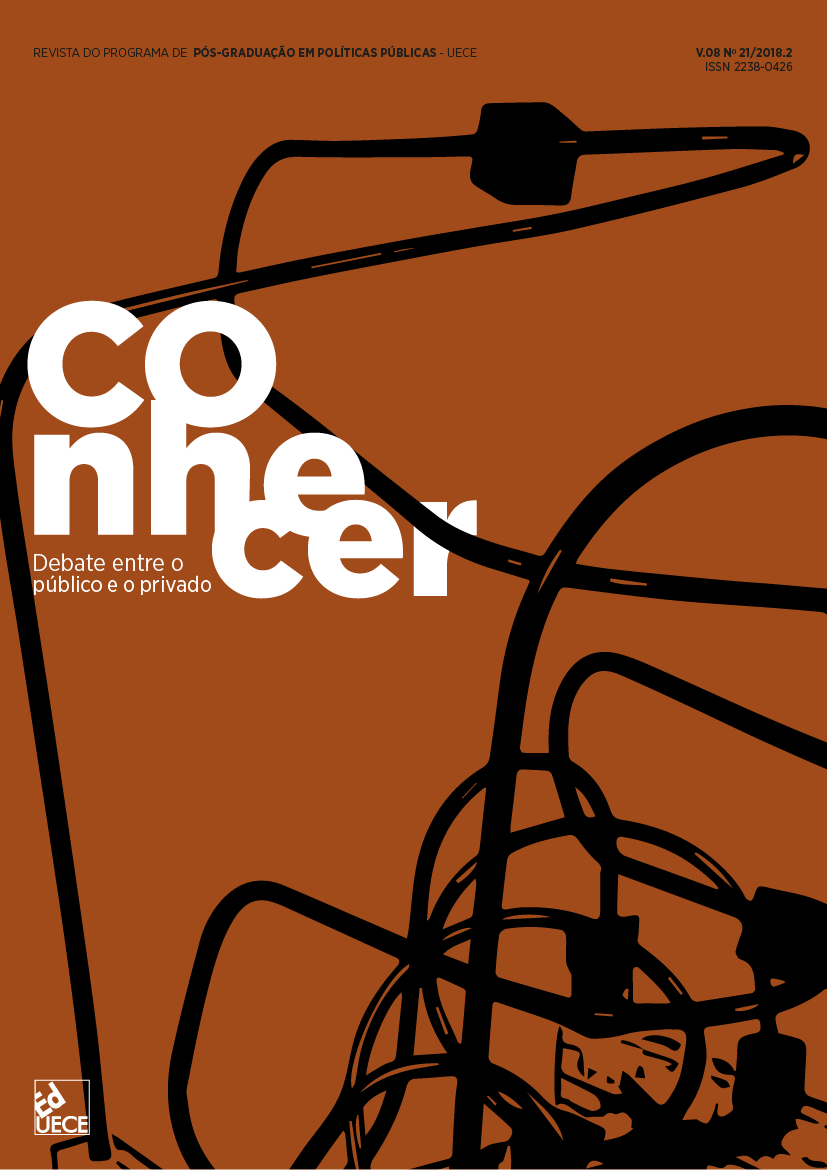Suicide, inequalities and migration in Roraima:
correlation based on a ‘face’
DOI:
https://doi.org/10.32335/2238-0426.2018.8.21.1121Keywords:
Violence, Intrasubjective, Intersubjective, Macro-structural factorsAbstract
Suicide is a phenomenon that has been studied by various theorists. Among the classic authors, Karl Marx, Émile Durkheim, and Sigmund Freud stand out. According to the World Health Organization (WHO), Brazil holds the 8th position in the suicide ranking. Roraima, one of the states with the highest suicide rates in the country, also has the highest rate of violence against women and, since its creation, it is marked by migratory processes. In this article, by having the theoretical-methodological framework of dialectical historical materialism and psychoanalysis as a basis and resorting to a clinical case report (which gives a ‘face’ to concepts and statistical data), we establish as a theoretical assumption the correlation between political inequalities, migratory processes, and the phenomenon of suicide. Therefore, we think of the possibility of existing links between macro-structural, intersubjective, and intrasubjective factors and the fact that a person seeks death as a strategy to cope with dilemmas that she/he has experienced.
Downloads
Downloads
Published
How to Cite
Issue
Section
License
Authors who publish in this journal agree with the following terms:
- Authors retain the copyright and grant the journal the right of first publication, and the study is simultaneously licensed under the Creative Commons Attribution License, which allows sharing the study by acknowledging authorship and initial publication in this journal.



